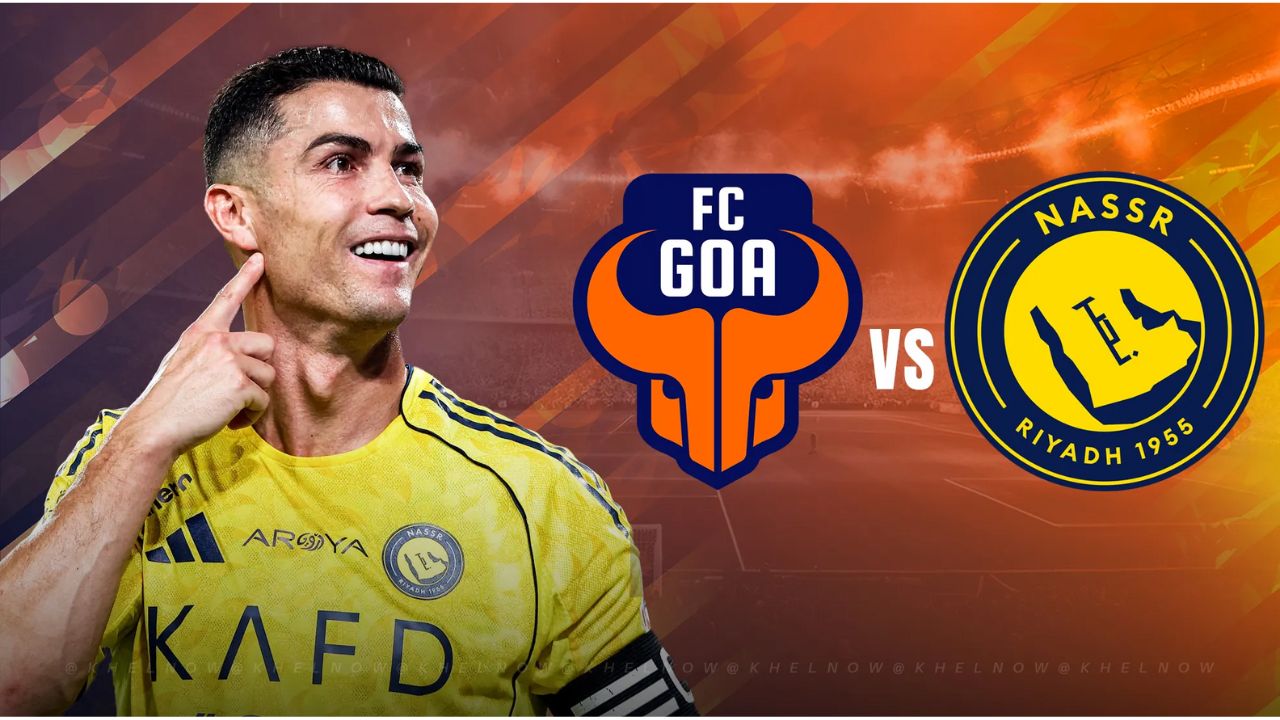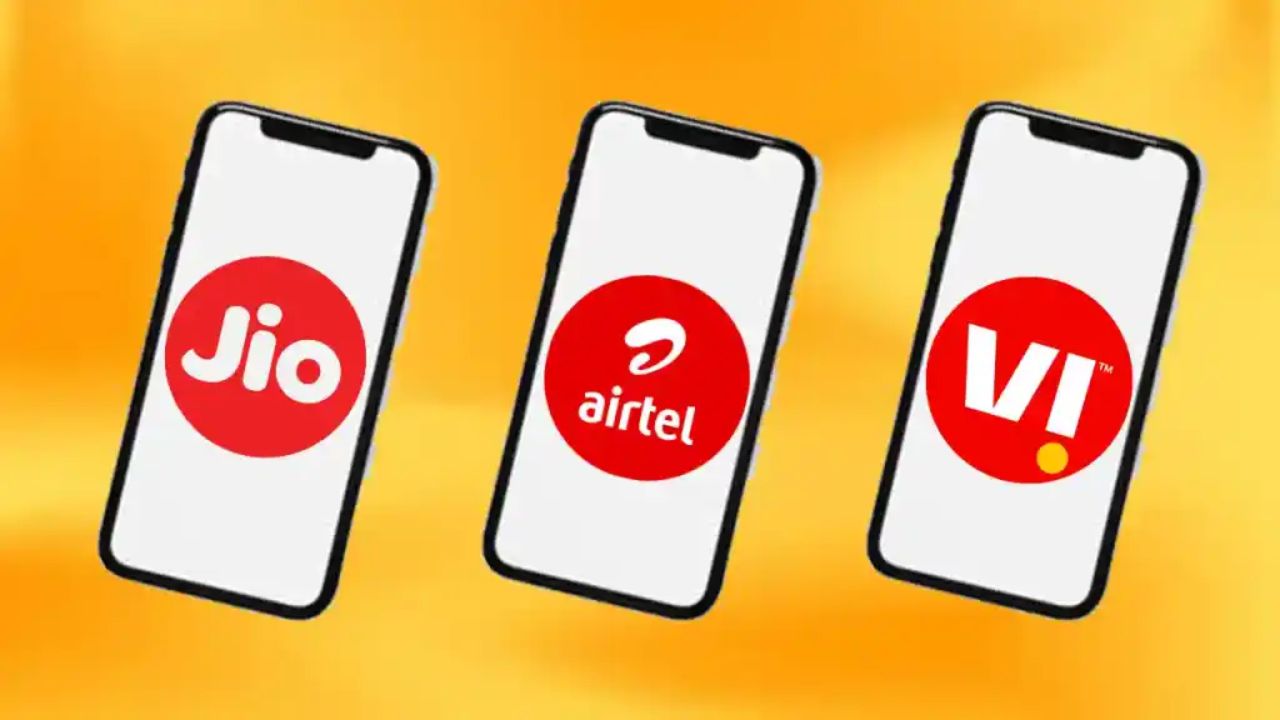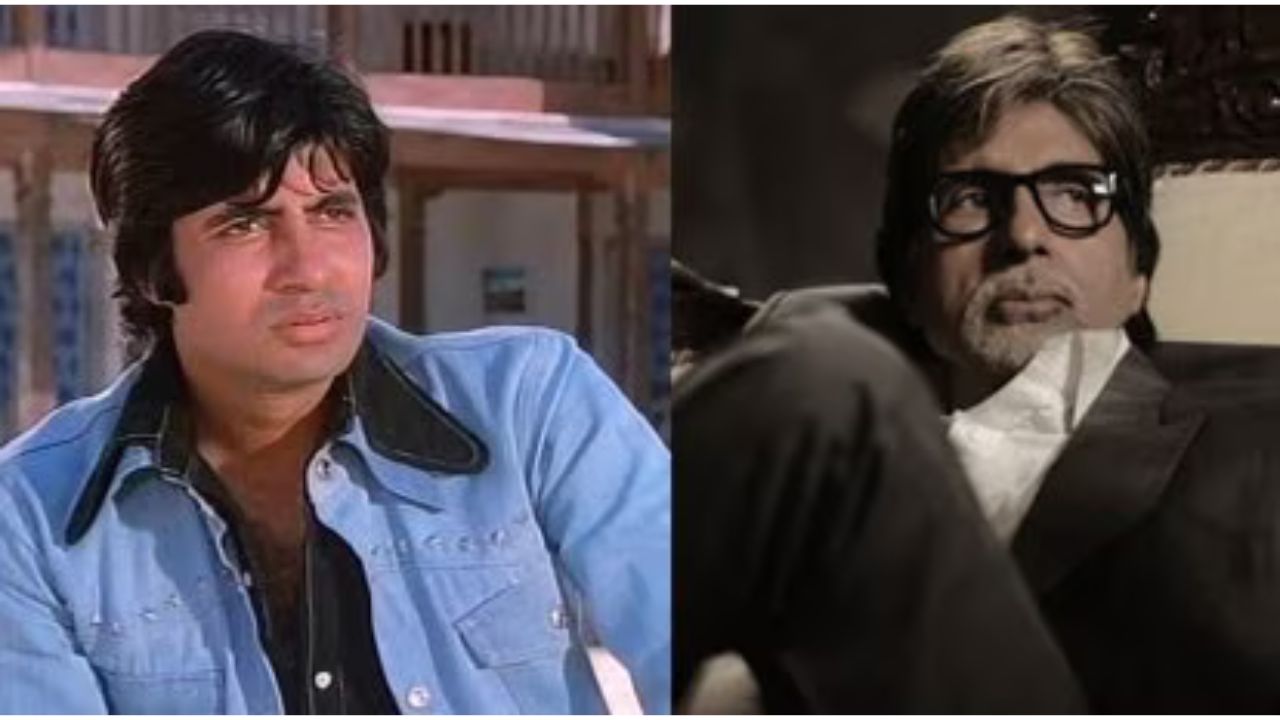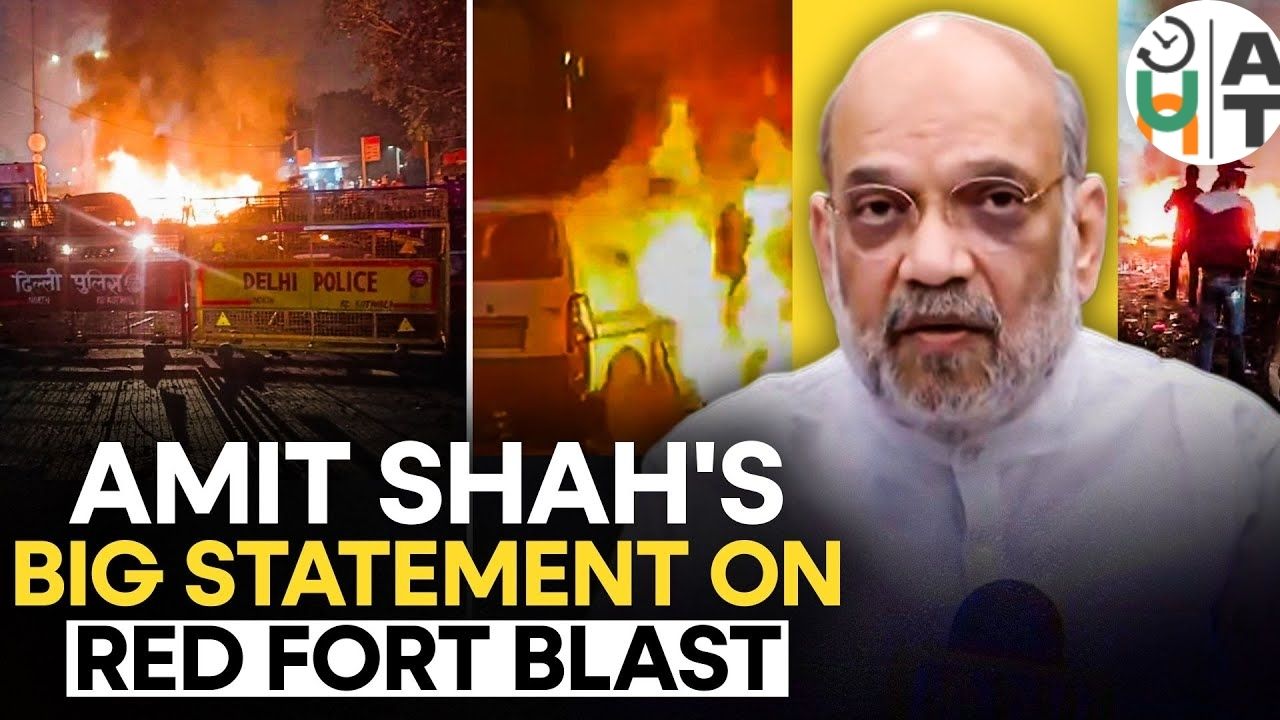A Historic Encounter That Exposed Continental Divide
Picture this: Under the glittering lights of Riyadh’s King Saud University Stadium, one of Asia’s wealthiest football powerhouses delivered a masterclass in dominance, dismantling an ambitious Indian Super League outfit with breathtaking precision. On November 5, 2025, Al-Nassr etched their authority across continental football by crushing FC Goa 4-0 in an AFC Champions League Two encounter that will be remembered as a defining moment in both clubs’ Asian aspirations. What made this performance even more remarkable? The Saudi Arabian giants achieved this clinical victory without their global icon, Cristiano Ronaldo, sending an unmistakable message: Al-Nassr’s depth transcends individual brilliance.
This wasn’t merely a football match—it was a statement of intent, a showcase of ambition, and a stark reminder of the evolutionary gap between Asia’s established elite and its emerging contenders.
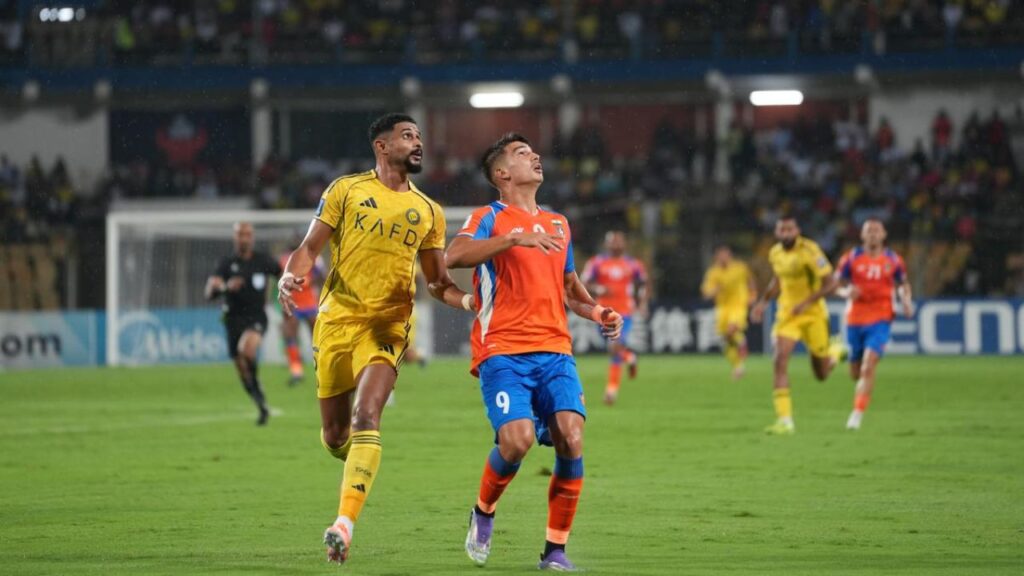
The Victory: Clinical, Commanding, Complete
Al-Nassr’s four-goal demolition of FC Goa showcased a performance of surgical precision across all phases of play. Abdulrahman Ghareeb opened the floodgates spectacularly in the 35th minute with a curling free-kick that struck the underside of the crossbar before finding the net—a moment of pure technical brilliance that left FC Goa goalkeeper Hrithik Tiwari stranded. The Saudi Arabian maestro doubled his tally in the 53rd minute, capitalizing on a perfectly weighted through pass from midfielder Ali Alhassan to calmly finish past the helpless Indian custodian.
Mohammed Marran and João Félix added gloss to the scoreline in the closing stages, with Marran’s close-range tap-in in the 65th minute preceding Félix’s acrobatic overhead kick in the 84th minute that showcased the attacking caliber at Al-Nassr’s disposal. This commanding performance propelled Al-Nassr to four consecutive victories, cementing their position atop Group D with 12 points from just four matches.
Will FC Goa Face Al-Nassr Again?
Yes, the two continental rivals already share a complex history within this competition cycle. Their November 5 clash represented their second group-stage encounter in the AFC Champions League Two 2025-26 season, with Al-Nassr having previously prevailed 2-1 in the reverse fixture at Fatorda last month. In that first meeting, Angelo Gabriel and Haroune Camara scored for the Saudi side before Brison Fernandes pulled one back for the Indians, marking India’s first-ever AFC Champions League goal—a historic milestone amid defeat.
Future matchups remain unlikely unless both clubs advance through their respective knockout qualifiers and reach the tournament’s latter stages. Given FC Goa’s disastrous group-stage campaign—four matches, zero points, four defeats—their mathematical elimination from knockout qualification effectively ends the meaningful possibility of facing Al-Nassr again in this competition. However, should both clubs progress to subsequent AFC tournaments or competitions, continental football could reunite these two sides for future reckoning.
Is Cristiano Ronaldo Coming to India?
The short answer: Not for this AFC Champions League encounter. However, Ronaldo’s absence from India requires contextual understanding rather than simplistic explanation. The Portuguese legend is contracted to Al-Nassr in Saudi Arabia, and his participation in international continental competitions remains strategically managed by manager Jorge Jesus.
While CR7 physically arrived at Al Awwal Park before the Goa fixture, indicating his continued involvement with squad activities and team spirit, Jesus explicitly stated the decision to exclude him: “Cristiano will not participate in Wednesday’s match. We need to protect him, and the game will be an opportunity to showcase the players’ abilities to help the team.” This reflects a mature approach to squad management—prioritizing player welfare while building competitive depth across the organization.
Should a Saudi Arabian delegation travel to India for future tournaments or friendlies, Ronaldo’s participation would depend entirely on competitive context, recovery status, and tactical requirements. His presence in India remains theoretically possible but contextually improbable for group-stage continental fixtures where qualification is assured.
Will Ronaldo Play Against Goa in Upcoming Matches?
The likelihood of Ronaldo facing FC Goa appears exceptionally remote for multiple compelling reasons. First, Al-Nassr’s dominance has effectively rendered the group stage a formality—with 12 points from four matches and a +12 goal difference, qualifying for knockout stages represents a mathematical certainty. Second, Jorge Jesus’s strategic player management philosophy prioritizes Ronaldo’s involvement in high-stakes encounters where his experience and caliber prove decisive.
Third, FC Goa’s elimination means any potential rematch carries minimal significance or competitive weight, making Ronaldo’s involvement even less probable. The Indian club sits pointless at the bottom of Group D with mathematically impossible qualification prospects, transforming remaining fixtures into administrative formalities rather than genuine contests.
Should Al-Nassr face Goa again in future seasons or different competitions, Ronaldo’s participation would depend on specific contextual factors—tournament importance, physical condition, and tactical necessity. For this particular season’s AFC Champions League Two, expecting to see CR7 against Goa borders on fantasy rather than realistic anticipation.
Al-Nassr’s Strategic Masterclass
Jorge Jesus’s management philosophy reflects sophisticated continental football thinking. Rather than parading Ronaldo in group-stage encounters against admittedly weaker opposition, the Portuguese coach emphasized building organizational depth and testing alternative attacking combinations. This approach achieves multiple objectives simultaneously: preserving Ronaldo’s physical condition, identifying alternative goalscoring options, and building squad confidence beyond individual superstardom.
The tactical setup against FC Goa showcased this philosophy brilliantly—with João Félix, Sadio Mané, and Mohammed Marran combining effectively to dismantle a defensively fragile Goa backline. This multipronged attacking approach demonstrates that Al-Nassr’s threat transcends any singular player, a crucial characteristic for tournament success where injuries and suspensions inevitably create squad disruptions.

FC Goa’s Historic Heartbreak
FC Goa’s inaugural AFC Champions League Two campaign has proven brutally educational and financially sobering. The Indian Super League side arrived in continental competition with genuine aspirations of competing against established Asian powerhouses, yet reality has proven far harsher than optimistic pre-tournament projections. With four consecutive defeats and zero points, Goa’s campaign represents a cautionary tale about developmental gaps between Asian football regions.
Despite this underwhelming record, Brison Fernandes’s strike during the reverse fixture achieved historic significance—marking India’s first-ever AFC Champions League goal. This singular moment offers psychological sustenance as Goa confronts remaining group matches against Al Zawraa SC and FC Istiklol, seeking to salvage dignity and domestic credibility from a tournament that has exposed competitive limitations.
Continental Football’s Evolving Landscape
The Al-Nassr versus FC Goa encounter crystallizes broader trends reshaping Asian football. Saudi Arabian clubs, buoyed by Vision 2030 investments and unprecedented financial resources, increasingly dominate continental competitions, creating a widening performance chasm between wealthy Gulf powerhouses and developing South Asian football nations. While FC Goa’s participation represents encouraging progress for Indian football’s continental ambitions, the clinical defeats against Saudi opposition underscore how investment, infrastructure, and player caliber remain decisive competitive factors.
Conclusion: Legacy Beyond Scorelines
The 4-0 victory will fade from immediate memory, yet its implications echo profoundly across continental football’s developmental trajectory. Al-Nassr’s performance demonstrated that Asian football’s established elite maintain commanding superiority over emerging challengers, while simultaneously showcasing how strategic squad rotation and depth-building strengthen rather than diminish competitive prospects. For FC Goa, this encounter provided invaluable experience and harsh realities about required developmental pathways before genuinely contending against continental powerhouses.
As both clubs chart their AFC Champions League Two trajectories, one certainty remains: Al-Nassr will continue advancing toward knockout glory, while FC Goa returns home enriched by experience, humbled by competition, and motivated to bridge the performance gap separating South Asian football from continental elite.


